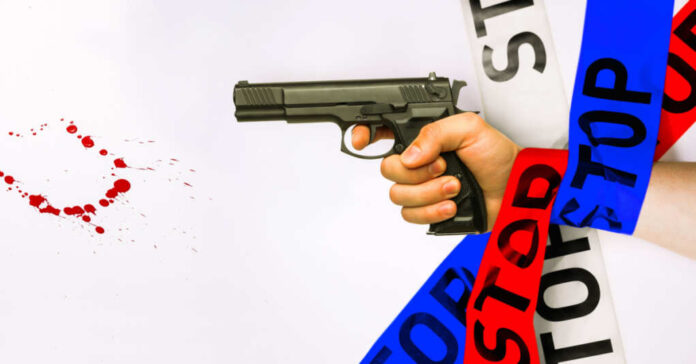
For years now, people who have felt largely overlooked, ignored, and downplayed by mainstream media have been using social media to help get attention to their cause. For people in war-torn parts of the globe, platforms like Facebook and Instagram (Meta), YouTube, and Twitter have been some of the most prominent places for these users to post their content.
With the global reach each of these platforms has, they are overwhelmed by the level of content that is submitted each day. With literally millions of posts going up per minute, each platform has been forced to choose its own way to moderate the content. Meta and YouTube have been extensively using AI for reviews of video content being posted. Among the clips the AI is making a judgment call on is hours and hours of war footage.
These combat clips are scanned, and a quick decision is rendered. However, even Meta’s own Oversight Board believes the company has been too “overcautious” in its moderating. With the worry that the left will become offended or believe that the government is trying to brainwash their kids, they are taking things down quickly.
Unfortunately, with these quick pull-downs, nobody is bothering to back up this content. In one instance, there was incredibly graphic footage from Ukraine. Numerous journalists have traveled to the region to document the war crimes being committed against the innocent civilians of Ukraine. Once recorded, they are uploaded to make people across the globe aware of what is going on.
Despite the outrage these clips generate, they are quickly removed from the platform. With the AI’s inability to differentiate between evidence of war crimes that need to be saved and clips of street violence, these clips end up being taken down. Once gone though, there is another larger problem.
These clips become just more bits of evidence that are now lost to the ether. Refusing to invest in backup space, they are gone from record moments after they have been deleted, quickly being overwritten by something else. These policies have destroyed journalism, and leave little hope for the raw realities of war to get out unless they are fixed.















